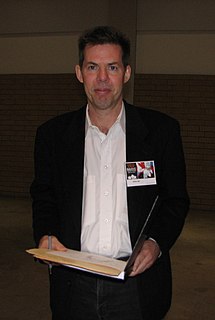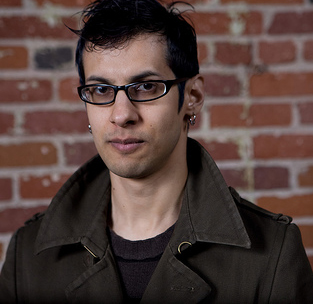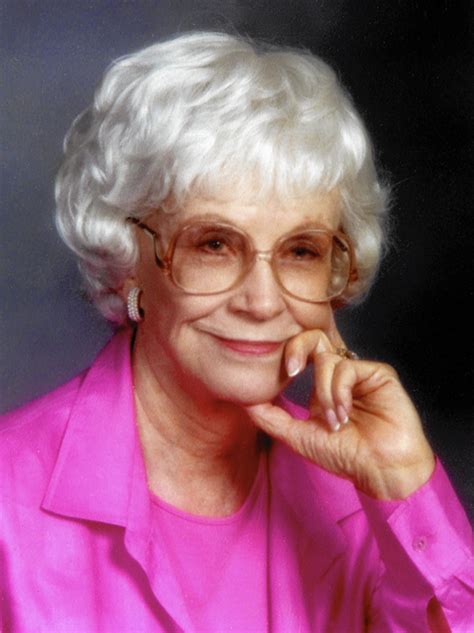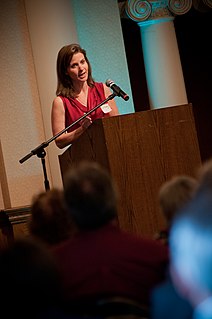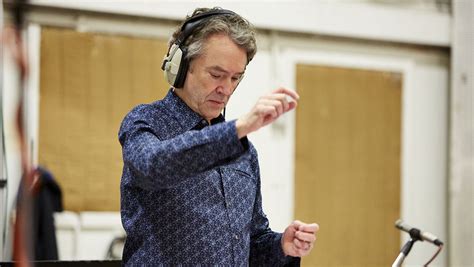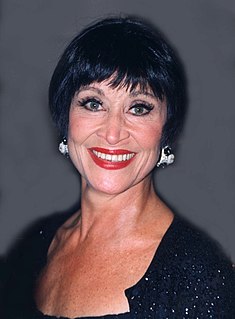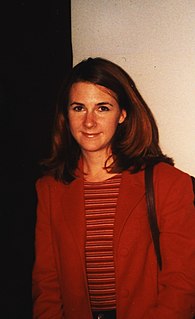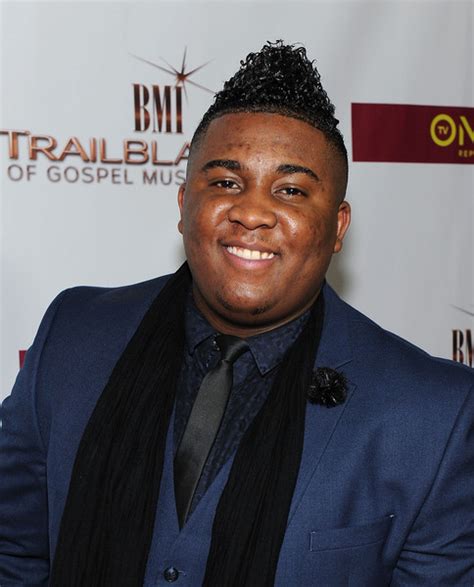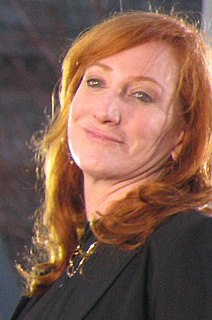A Quote by Dave Sim
I'm comfortable having a specific audience to write to. I like the idea that my audience doesn't see what I do as controversial.
Quote Topics
Related Quotes
Regarding pushing the form, ideas interest me more than form. I think you can write a very subversive play in a three-act structure. The content makes the play. I feel the form is simply dressing, because ultimately, you want to communicate to the audience, and sometimes the best way to do that is to present a provocative idea in a format that is comfortable for them to receive. Then the idea will come through directly, right in solar plexus. After all, I want to make a living as an artist, and that means speaking to the audience in a form they can understand.
It's such a wonderful feeling to watch a child discover that reading is a marvelous adventure rather than a chore. I know that many writers for children say they do not write specifically with a child audience in mind ... This isn't true for me. I am very aware of my audience. Sometimes I can almost see them out there reacting as I write. Sometimes I think, 'Oh, you're going to like this part.
I enjoy journalism; anybody does. You see the results immediately; you've got an immediate audience instead of having to wait for your audience as you do if you're writing a book, and you get a bit of money coming in, and you can see more clearly how you're paying the bills. But it's not a good position for the serious novelist to be in.
Smart brands never try to appeal to more than their audience group. Assuming you're audience is one of the segments that watches, it's your chance to galvanize this specific group, which is larger here than anywhere else, with a bold new idea that can re-magnetize the human/brand connection for a new year.
